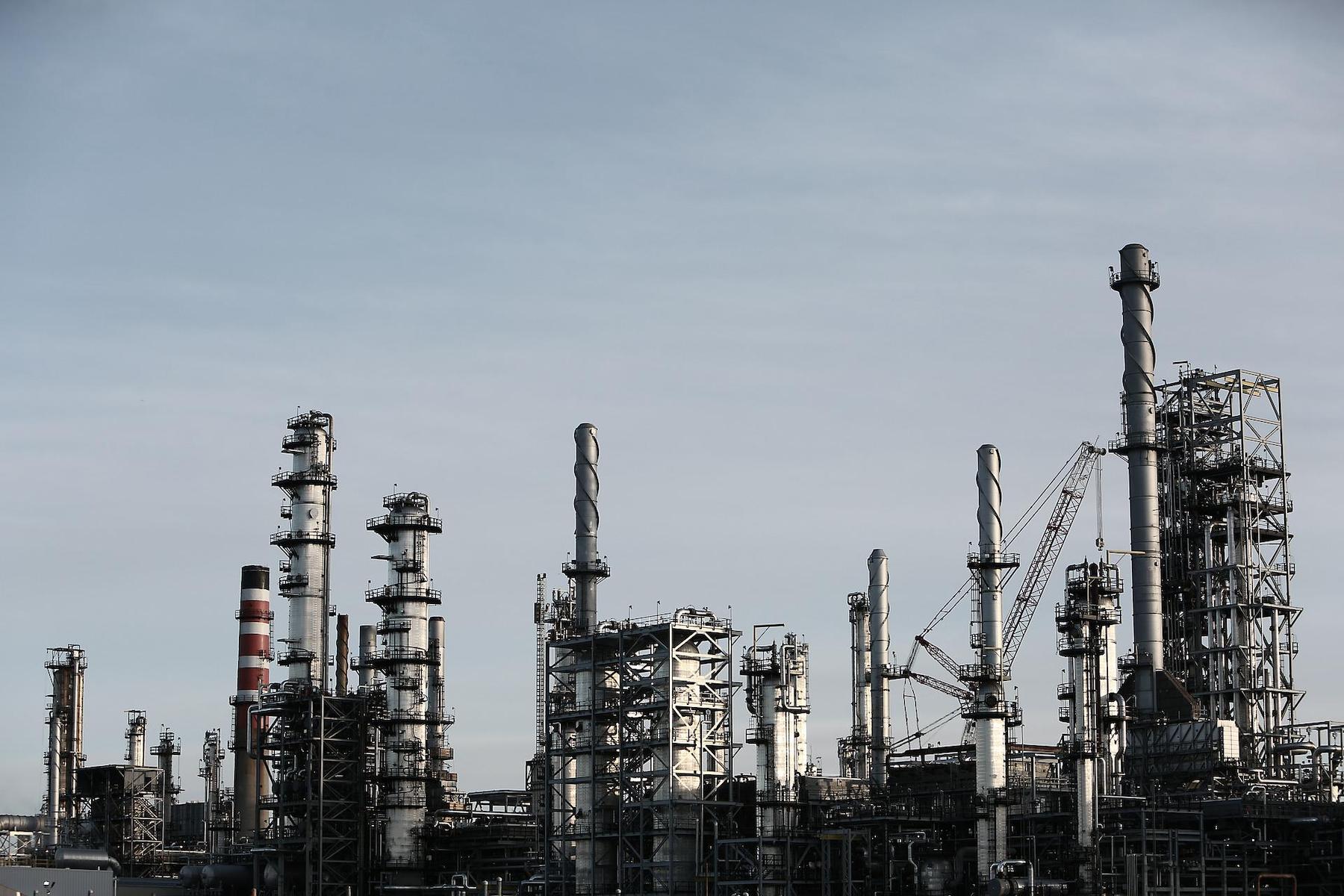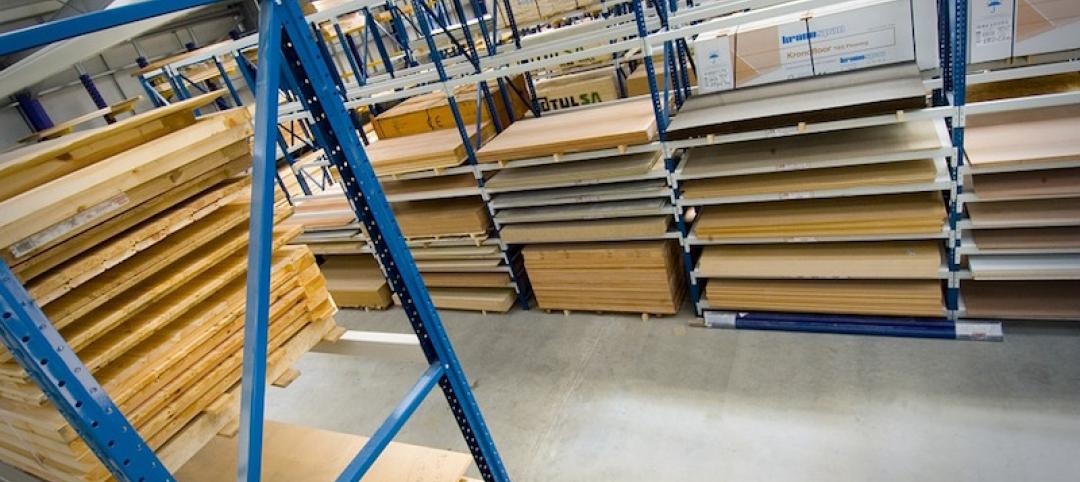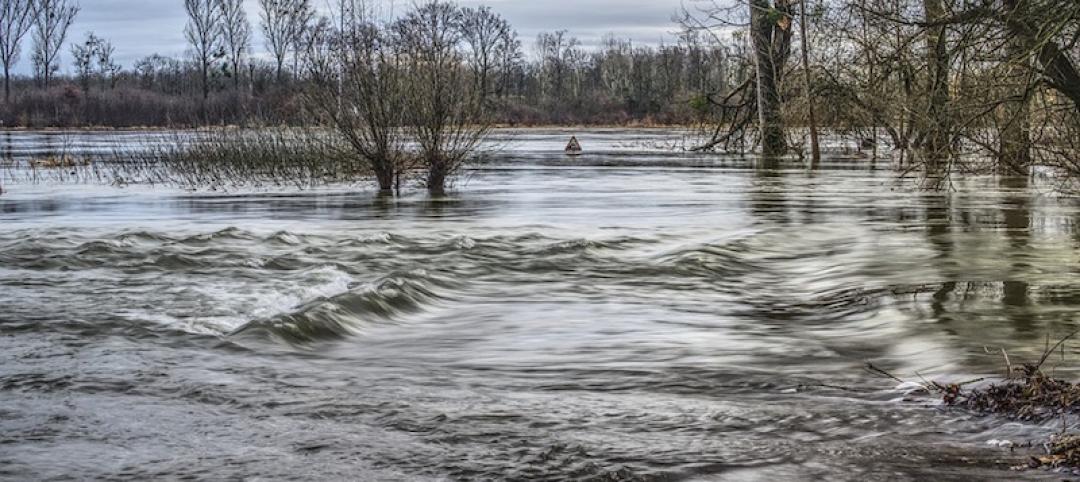The American Institute of Steel Construction has released updated environmental product declarations (EPDs) “to help designers and building owners design more environmentally friendly buildings and bridges,” according to an AISC news release.
The organization develops industry-average environmental product declarations (EPDs) for three products: fabricated hot-rolled structural sections, fabricated steel plate, and fabricated hollow structural sections (HSS)—the latter developed with the Steel Tube Institute. “These documents are designed to facilitate an accurate, apples-to-apples comparison of the structural materials on the market today,” the release says. These documents are updated every five years.
“Many people associate steel with old smokestacks and air pollution, but structural steel is now the premier green building material,” said AISC President Charles J. Carter, SE, PE, PhD. “Over the past three decades, the steel industry has reduced greenhouse gas and overall emissions by 36%. And the American structural steel industry is leading the way to a greener future with a carbon footprint nearly half the world average. By comparison, Chinese structural steel has three times the global warming potential of domestic steel.”
Many rating systems (LEED V4), standards (ASHRAE 189.1), green building codes (IgCC), and specific customers require the submission of environmental product declarations (EPDs) for products delivered to the project site. These EPD life-cycle assessments provide information on environmental impacts related to the manufacture of the product, including global warming potential, ozone depletion, acidification, eutrophication, and ozone creation.
AISC works with its mill members to develop industry average EPDs for structural steel produced in the United States. In addition to quantifying the impacts of the mill processes, the EPD work quantifies the industry average per ton environmental impacts of the fabrication process.
Related Stories
Codes and Standards | Feb 2, 2018
How workplace design can position financial services companies for success
HOK report examines forces reshaping industry.
Codes and Standards | Jan 31, 2018
California is the first state to phase out incandescent light bulbs
In two years, the rest of the U.S. will follow suit.
Codes and Standards | Jan 31, 2018
Automated tool assists in design of force transfer around openings
Engineered Wood Assn. offers free calculator and technical note.
Codes and Standards | Jan 31, 2018
First large-scale use of perovskite solar cells in office building slated for Poland this year
Skanska will integrate the technology into building facades.
Codes and Standards | Jan 29, 2018
Advanced Energy Design Guide for K-12 Schools to achieve zero energy
Publication is joint effort by ASHRAE, AIA, IES, and USGBC.
Codes and Standards | Jan 26, 2018
Flying drones while inebriated now illegal in New Jersey
Violators could be sentenced to six months in jail.
Codes and Standards | Jan 25, 2018
OSHA penalties for violations increase
Fines adjusted for inflation in the New Year.
Codes and Standards | Jan 23, 2018
Disaster mitigation strategies that exceed code could save billions
Four dollars saved for every dollar spent, says NIBS report.
Codes and Standards | Jan 19, 2018
U.S. construction fatalities rose 6% in 2016
Falls accounted for 39% of deadly accidents.
Codes and Standards | Jan 18, 2018
Record storm surge in Boston prompts renewed calls for flood mitigation infrastructure
Newer buildings constructed in flood zone fared well.

















